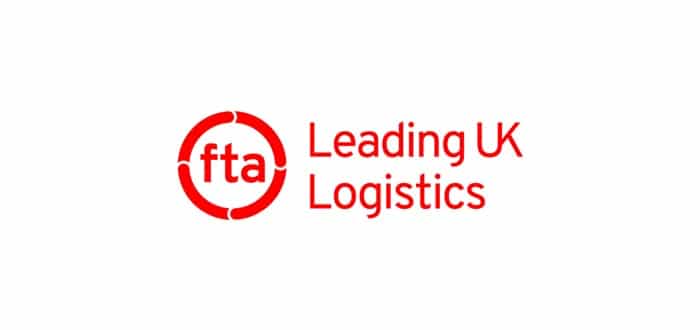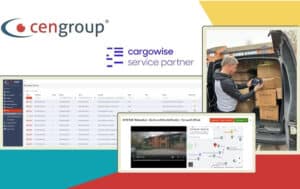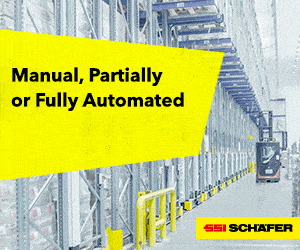Businesses operating in and around Leeds urgently need clarification on Leeds City Council’s newly-approved Clean Air Zone (CAZ), according to FTA (the Freight Transport Association), to understand how to access funding to replace banned commercial vehicles when the low emission zone comes into effect in February 2020. Without this funding, FTA believes that many companies will find it impossible to replace their existing fleets, and will struggle to fulfil business contracts in and around the city. Future profitability and trading could be threatened as a result.
However, the exemption of three core industrial areas from the proposed Zone until 2024 could mitigate the very worst potential economic damage the Zone presents to the local economy, and could save local enterprise from a very uncertain future.
Malcom Bingham , Head of Policy North of England at the FTA, the business organisation representing more than 17,000 logistics companies, commented: “FTA has been working closely with Leeds City Council and is pleased it acted upon our recommendation to grant exemption to three core industrial areas – Holbeck, Pudsey and Seacroft – until 2024 to mitigate the damage the Zone will inflict upon the local economy. This move should also give logistics businesses more time to upgrade their fleets to meet the required emission standards. Nevertheless, the exemption of three areas is not enough to prevent operating costs for small businesses from soaring, at a time when margins are already stretched and the economic outlook is uncertain, which unfairly penalises the hard-working companies and individuals that keep Leeds’s economy thriving. This also ignores other contributors to emissions levels across the city and places the burden for cleaning up the city’s air squarely at the feet of the very businesses which keep Leeds trading – this is unfair and essentially amounts to a tax on business.”
Bingham continued: “The Council has stated it will grant businesses up to £16,000 to replace HGVs which do not meet the required emission standards. But this funding is subject to a competition, and the freight industry urgently needs details on how businesses can apply and what the conditions are. The logistics industry desperately needs clarity on the options available to them – including where to apply and when – for them to reach compliance before the Zone comes into effect in just one year.”
Efficient logistics is vital to keep Britain trading, directly having an impact on more than seven million people employed in the making, selling and moving of goods. With Brexit, new technology and other disruptive forces driving change in the way goods move across borders and through the supply chain, logistics has never been more important to UK plc. A champion and challenger, FTA speaks to Government with one voice on behalf of the whole sector, with members from the road, rail, sea and air industries, as well as the buyers of freight services such as retailers and manufacturers.
For more information please visit Click Here











